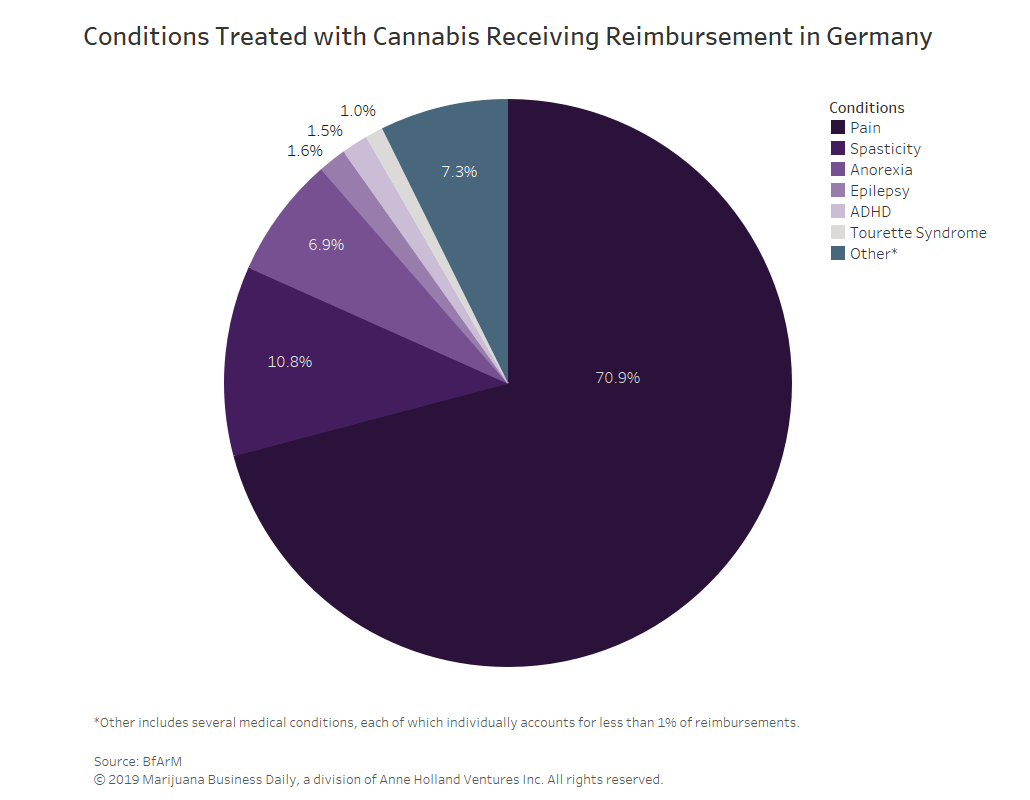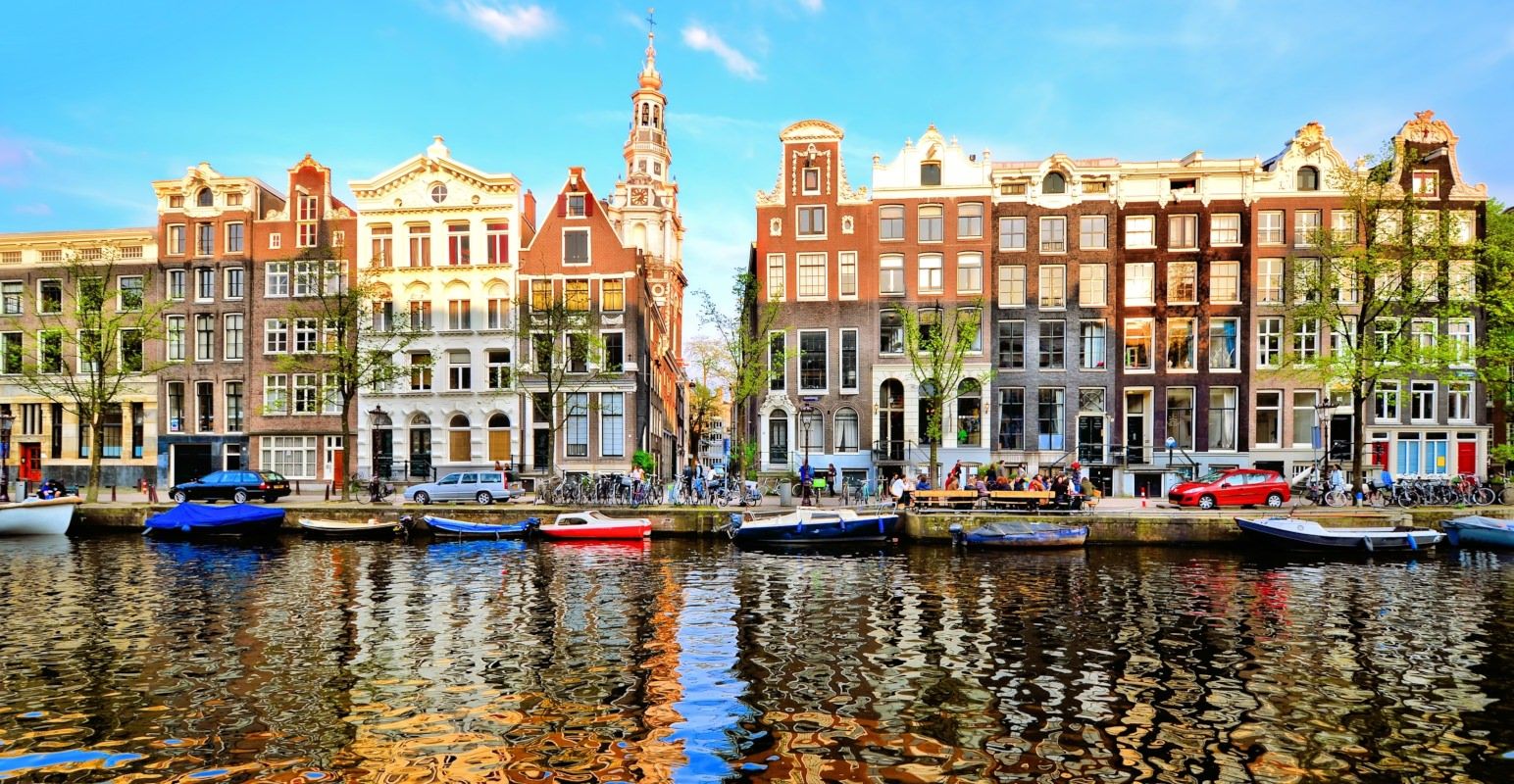Medical cannabis regulations in North Macedonia – a small but promising market – are likely to undergo significant changes before the end of 2019, allowing the export of flower for the first time but also raising barriers to entry for prospective businesses.
The government of Prime Minister Zoran Zaev sent a draft bill to the Parliament that would substitute the current “Law on Control of Narcotic Drugs and Psychotropic Substances.”
The most notable changes for businesses include:
- The creation of an independent cannabis regulatory agency.
- Permitting flower to become an export product.
- Increased requirements to have a license.
If the new version of the drug control law is approved through the parliamentary process – the most likely scenario, according to local industry sources who spoke with Marijuana Business Daily – the reform would affect both existing medical cannabis businesses and prospective entrepreneurs.
Companies already licensed would have a six-month grace period in order to be compliant with the new regulatory framework.
No list of licensed companies is available from the government, but industry sources estimate that two dozen firms are already licensed, and more are expected to be approved soon.
However, the majority of these companies remain far from being operational, especially when it comes to having functioning extraction laboratories.
And one source, who requested anonymity, estimated that “only a handful of the already existing licensees would be able to survive the proposed higher requirements.”
According to Kostadin Dukovski, president of a local association of medical cannabis producers, North Macedonia’s burgeoning medical marijuana industry has already received roughly 50 million euros ($55 million) of foreign investment.
With a population of just over 2 million, North Macedonia has one of the smallest European medical cannabis markets.
No meaningful commercial exports have been made from the country since the medical cannabis program started in 2016.
The positive
Currently, the country allows only the export of extracts. The proposal would also authorize flower to be exported.
Dukovski sees it as one of the most positive aspects of the reform. He said several companies have been stockpiling flower in the hope that exporting would become possible.
“It opens a new business opportunity for the industry,” he said.
Another change that Dukovski sees as very positive is the creation of an independent government agency to regulate medical cannabis businesses.
“It would help gain international recognition as a country fully committed to comply with the international drug control conventions,” Dukovski said.
Among other things, the licensing process would be controlled by the still-to-be-created Agency for the Control of the Cultivation and Extraction of Cannabis and Cannabis Products for Medical and Scientific Purposes.
Licensing
More stringent licensing requirements would include:
- A bank guarantee of 500,000 euros.
- A minimum of five employees, including both a pharmacist and an agricultural engineer, with at least three years of experience in their fields.
- Licenses could be revoked if the licensee does not start cannabis cultivation within six months from the day of obtaining the license.
Some local industry sources are afraid the bill does not clearly define the purpose of the guarantee and that by suddenly increasing entry barriers only powerful and well-connected companies would be able to participate in the market.
Richard Dodd, CEO of Folium Holdings, a United Kingdom company with licensed operations in North Macedonia, believes such stringent requirements could actually help avoid an “unregulated gold rush of license flipping which wouldn’t be sustainable in the long term.”
He approves of measures to strictly regulate medical cannabis that would encourage higher-quality participants and avoid actors “who just want to make a quick buck” and could potentially damage the reputation of the whole industry.
Dukovski also sees the six-month period to start cultivation as a positive.
“This will discourage speculators and only encourage companies to apply which are willing to execute their business plans and create jobs,” he said.
The negative
Local industry stakeholders are unhappy with two proposed changes:
- The government would reserve the right to authorize changes in the ownership structure of the company holding a license.
- A special 10% tax on revenue (excluding value-added tax, VAT).
One of the local sources who asked not to be identified believes the 10% tax on revenue is “incredibly foolish.”
“These type of changes of the rules of the game after it already started seriously damage the reputation of the country and discourage foreign investment,” said the source, the CEO of a North Macedonian company.
“To adjust to the new situation,” he added, “companies would be incentivized to reduce costs, which could translate in cutting down on labor and new jobs.”
Asked what alternative the government could consider, the source suggested that “a tax on profit or higher license fees would be better.”
Chris Ackermann, head of business development of Folium, acknowledged that “nobody likes additional taxes,” but he said the general tax regime in North Macedonia is highly attractive.
As long as that remains the case, he noted, the additional tax “might not be the end of the world.”
“I’m confident authorities won’t make the local industry uncompetitive internationally,” Ackermann said.
Alfredo Pascual can be reached at alfredop@mjbizdaily.com




